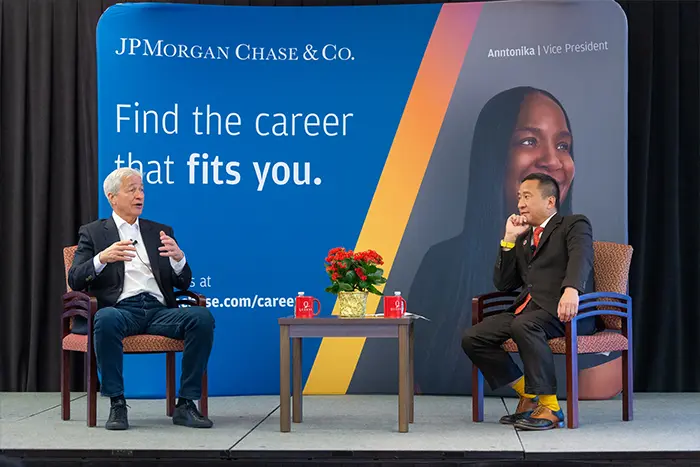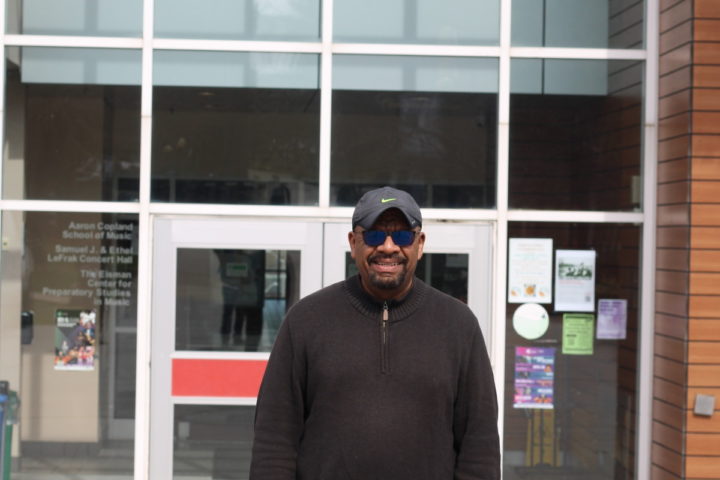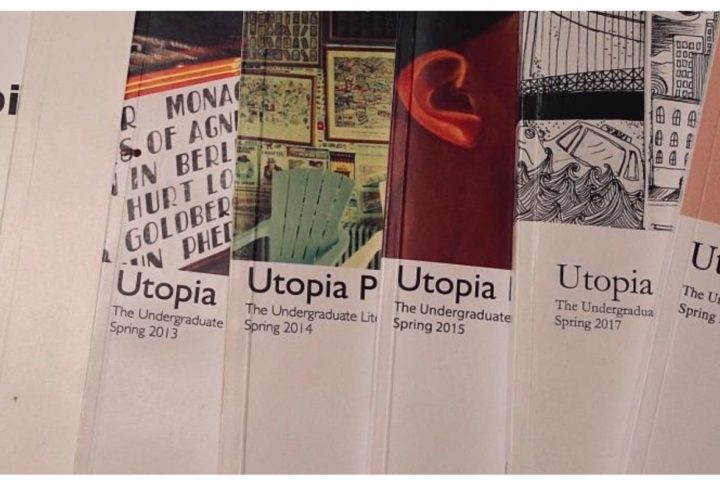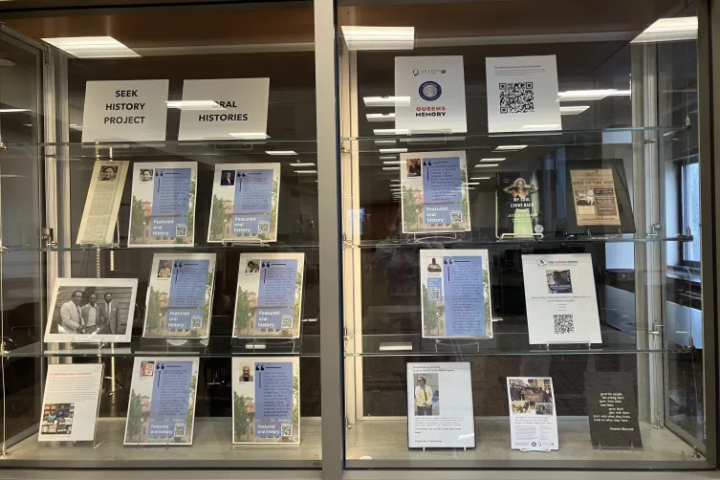Already the nation is familiar with the story of Ahmed Mohamed, the 14-year-old arrested in Irving, Texas last month.
Mohamed built a digital clock, which an English teacher believed was a bomb. As a result, Mohamed was arrested and placed into handcuffs, no doubt traumatizing.
The reason leading up to the arrest is simple—Islamophobia. Mohamed fit the description of an “Other.” Indeed, one officer arriving at the scene immediately saw the teen as fitting the profile of a bomber.
“Yup, that’s who I thought he was,” the officer said.
Islamophobia exists throughout the U.S. and this arrest is a consequence of that. Although, it is not limited to the South. On the contrary, it exists throughout the U.S. Moreover, it leads to carelessness among the media when reporting anyone suspected of being a terrorist.
Take, for example, the case of Munther Omar Saleh, arrested earlier this year. The original news report described him as a “Queens college student.”
Yet news outlets mistook it as a “Queens College student,” a careless error. Not one person in these newsrooms thought to him or herself, “Perhaps I should fact-check this accusation.”
Rather, the nation’s profiling against Muslims over the past decade is an easy story to sell by an eager media; never mind the fact Americans are more likely to die by right-wing white males.
A few years ago, the New York Police Department sent undercover officers to all Muslim Student Associations in CUNY. The Associated Press exposed this in 2013, but the “Other” already was ingrained in minds of most Americans.
Arun Kundnani, a scholar who teaches here at Queens College, wrote a book titled “The Muslims Are Coming!” about Islamophobia and its origins from the national security state. The title of the book comes from the 1966 movie “The Russians Are Coming, The Russians Are Coming” where the premise shows Russians “as human beings who…behave just like Americans.”
Furthermore, Kundnani points out Islamophobia existing in Western institutions allows for wars, like the Iraq war, where thousands of Muslims are killed by the state.
“Its significance does not lie primarily in the individual prejudices it generates but in its wider political consequences—its enabling of systemic violations of the rights of Muslims and its demonization of actions taken to remedy those violations,” Kundnani writes.
Even films like “American Sniper” or “Zero Dark Thirty” uphold this in either exaggeration, in the case of the former, or acting as CIA public relations, in the case of the latter. Still, Islamophobia grows because of these firms.
It is great to see Mohamed receive massive support over the wrongful arrest. Although, more needs to be done to defeat Islamophobia deeply ingrained in our institutions and upheld by the nation’s leaders.











